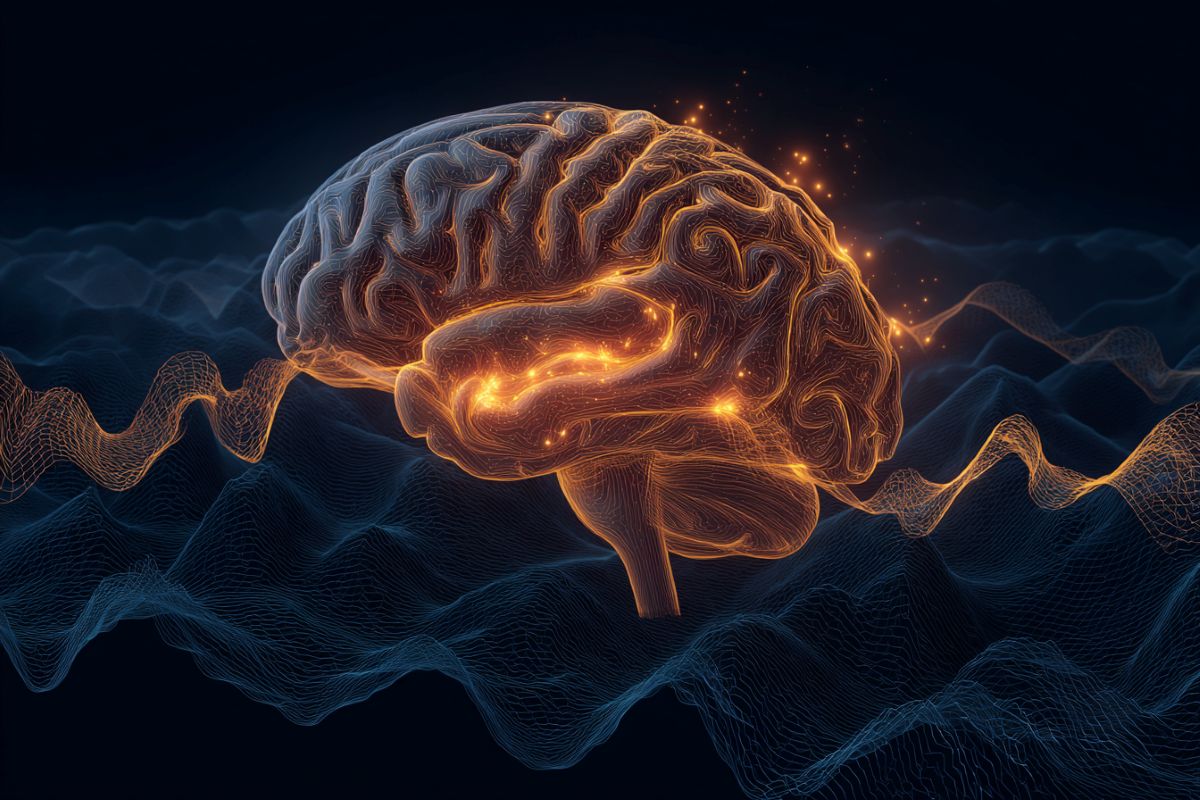Summary: Rare adult-born neurons in the hippocampus are reactivated during REM sleep, locking waking experiences into long-term memory. Using genetically modified mice, they found that these neurons fire in the same patterns during sleep as they did during learning.
Blocking this reactivation disrupted memory recall, highlighting the essential role of ABNs. The work also revealed that ABNs must synchronize with theta rhythms to properly consolidate memories, offering new insights into why memory falters in conditions like Alzheimer’s.
Key Facts:
ABN Reactivation: Adult-born neurons replay learning activity during REM sleep to consolidate memory.Theta Rhythm Link: Memory storage requires synchronization with brain theta waves.Memory Impairment: Blocking ABN reactivation during REM disrupts memory recall.
Source: University of Tsukuba
Researchers at the Tsukuba University in Japan report that memories acquired while awake are stored in a more permanent form (called memory consolidation) during the REM stage of sleep, and that this process requires the reactivation of only a few specialized neurons involved in the memory formation.
The researchers focused on adult-born neurons (ABNs) in the hippocampal region of the temporal lobe, which are rare neurons known to be essential for maintaining proper memory function as the loss of these cells is observed in Alzheimer’s disease.
 The researchers found that ABNs were reactivated in patterns similar to those observed during learning, and that when this activity was artificially blocked, the mice exhibited impaired memory recall. Credit: Neuroscience News
The researchers found that ABNs were reactivated in patterns similar to those observed during learning, and that when this activity was artificially blocked, the mice exhibited impaired memory recall. Credit: Neuroscience News
However, it has remained unclear why loss of this small neuronal population has such devastating effects on memory.
In the study, specially genetically modified mice, in which the activity of ABNs could be monitored, were exposed to a fear experience, and the researchers examined if the activities of these ABNs during initial memory formation were reproduced during REM sleep, when dreaming is believed to occur.
The researchers found that ABNs were reactivated in patterns similar to those observed during learning, and that when this activity was artificially blocked, the mice exhibited impaired memory recall.
Furthermore, the researchers found that for memories to consolidate, ABN activity must be synchronized with a rhythmic wave of milder activity termed the theta rhythm.
These findings represent a significant advance in our understanding of how the brain processes and preserves experiences during sleep.
Funding: This work was partially supported by the World Premier International Research Center Initiative (WPI) from the Ministry of Education, Culture, Sports, Science and Technology (MEXT), Japan Agency for Medical Research and Development (JP21zf0127005, JP23wm0525003), Japan Society for the Promotion of Science (JSPS) (24H00894, 23H02784, 22H00469, JP16H06280, 20H03552, 21H05674, 21F21080), Takeda Science Foundation, Uehara Memorial Foundation, and The Mitsubishi Foundation to MS; JSPS(19F19310) to M.S. and S.S.; JSPS(21F21080) to M.S. and P.V.; Goho Life Sciences International Fund, The Tokyo Biochemical Research Foundation Postdoctoral Fellowships for Asian Researcher in Japan, Takeda Science Foundation Scholarship for Foreign Researchers to SS; JSPS(21J11746, 24K18212, 23K19393 and DC2 fellowship) to I.K
About this memory and sleep research news
Author: YAMASHINA Naoko
Source: University of Tsukuba
Contact: YAMASHINA Naoko – University of Tsukuba
Image: The image is credited to Neuroscience News
Original Research: Open access.
“Transient reactivation of small ensembles of adult-born neurons during REM sleep supports memory consolidation in mice” by SAKAGUCHI, Masanori et al. Nature Communications
Abstract
Transient reactivation of small ensembles of adult-born neurons during REM sleep supports memory consolidation in mice
While memory consolidation is widely believed to require memory reactivation synchronized with theta oscillations during REM sleep, direct causal evidence linking specific neuronal ensembles to this process has been lacking.
Strong theta oscillations arise in the hippocampal dentate gyrus, where a small population of principal neurons is continuously generated throughout adulthood.
Although these adult-born neurons (ABNs) are known to modulate hippocampal circuits for memory, the causality between their specific information content and memory-related behavior was unknown.
Here, we show that REM sleep reactivation of memory ensembles comprising as few as ~3 ABNs is necessary for fear memory consolidation.
Crucially, we found that the synchronization of ABN activity with a specific theta phase is essential for associative memory consolidation.
Our findings thus provide causal evidence that consolidation critically depends on both the reactivation of minimal neuronal populations and precise neuronal coordination within theta-defined temporal windows.
